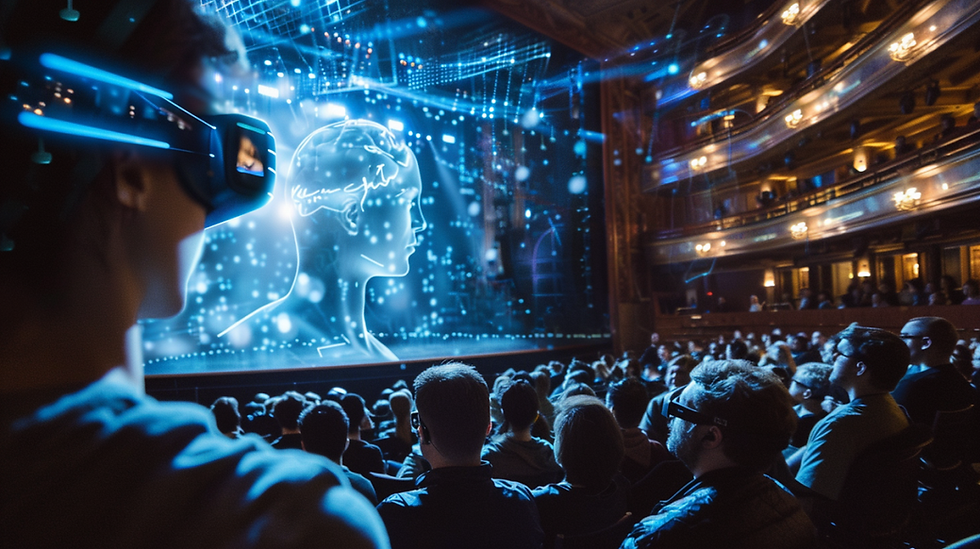How Music Became My First Classroom
- Yuvan Sampath
- Oct 8, 2025
- 2 min read
When I was three years old, my world was filled with sound. Not the sound of chaos and cartoons, but the steady drone of a small tanpura. Some of my earliest memories are of sitting cross legged, imitating the sounds my Carnatic music teacher would make while teaching me a new raga. The words were in various languages, ranging from Sanskrit to Telugu to Tamil, but I understood their rhythm before their meanings. I didn’t realize that by learning Carnatic singing, I was also training discipline. You can’t understand a raga or song in one repetition. It demanded patience: the same line repeated until pitch and emotion aligned perfectly. For a restless three-year-old, that was a challenge; but it also became training. The idea of understanding something rather than just learning it shaped how I tackled anything else in life.
In school, I realized how deeply those lessons had taken root. Each raga had rules: specific notes it was composed of. When I began studying geometry and economics years later, following their respective rules came easily to me. In a perfectly competitive market, the intersection between marginal cost and average revenue is the level of profit maximizing output. The patience I learned from hours of singing slowly translated into persistence in academics. I could sit with complex ideas, returning to them the same way I returned to a difficult scale.
However, music’s greatest gift wasn’t just intellectual; it was emotional. When I started middle school, I entered my school’s musical theater program. While I used the rigid rule-following Carnatic had taught me for academics, I harnessed the emotional aspect of Carnatic ragas while acting in theater. Each raga has a quality. One may sound like it is whining, while another like a celebration. The same goes for acting, with its many emotions and relationships between characters. I was able to tell a story on a stage both visually and through my voice, unlike Carnatic singing. Carnatic music connected me to culture and history; theatre connected me to people.
Socially, too, music shaped the way I saw others. Theatre showed me how every group relies on empathy to function. You can’t deliver a line without understanding what your partner feels. You can’t build trust in a team if you’re out of sync. Through performing, I learned to read silences as much as sounds. That awareness carried into friendships, leadership, and volunteering, from packing meals at Metrocrest Services to mentoring younger actors in our drama club.
I am so grateful that I was exposed to the performing arts at such a young age, and I can’t wait to show others the wonders of the arts. I truly believe that participation in an art form improves performance in all other aspects of life, and can’t imagine mine without it. Music didn’t just teach me how to perform; it taught me how to listen, lead, and learn.




Comments